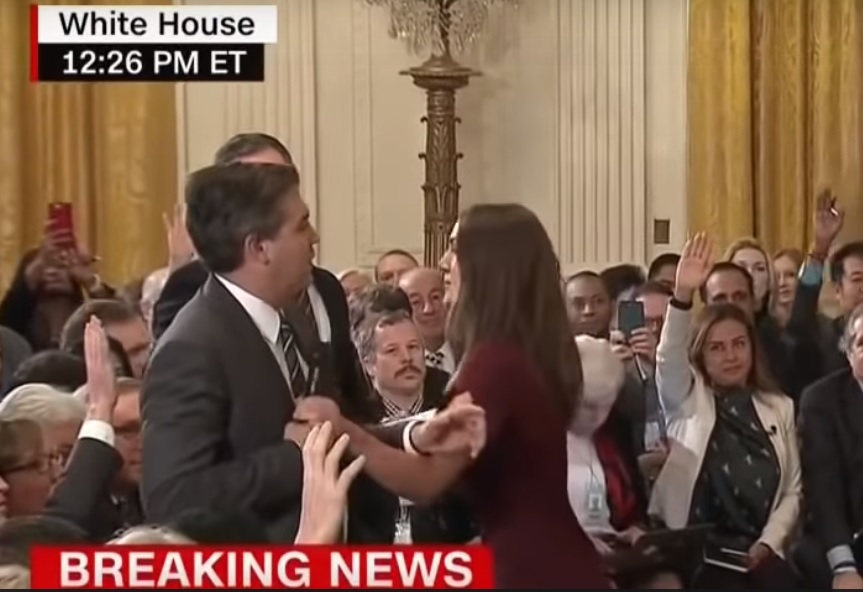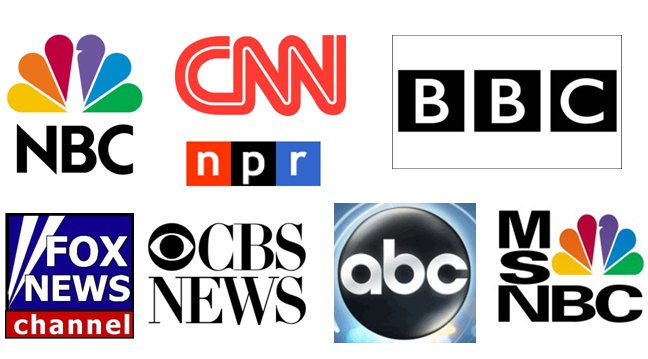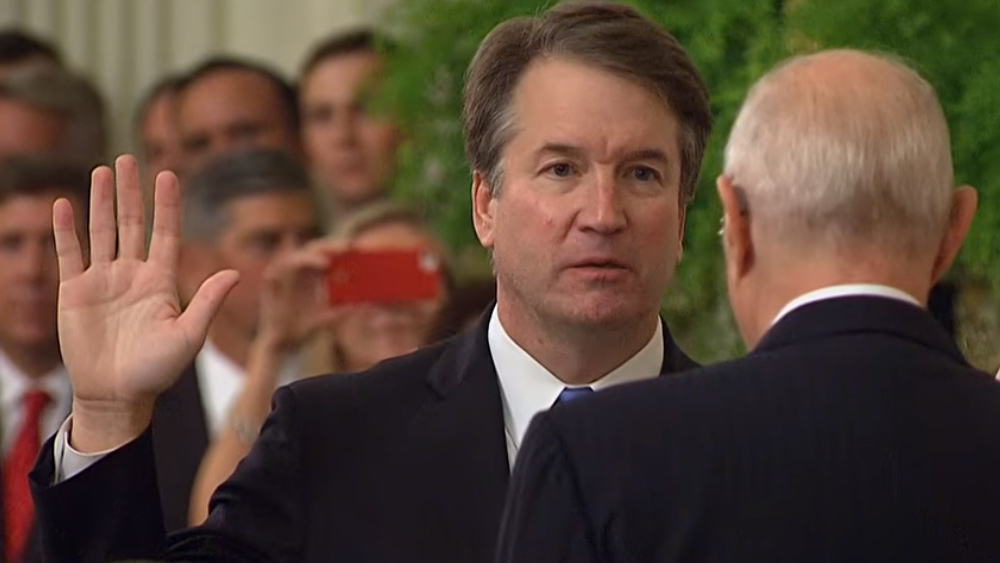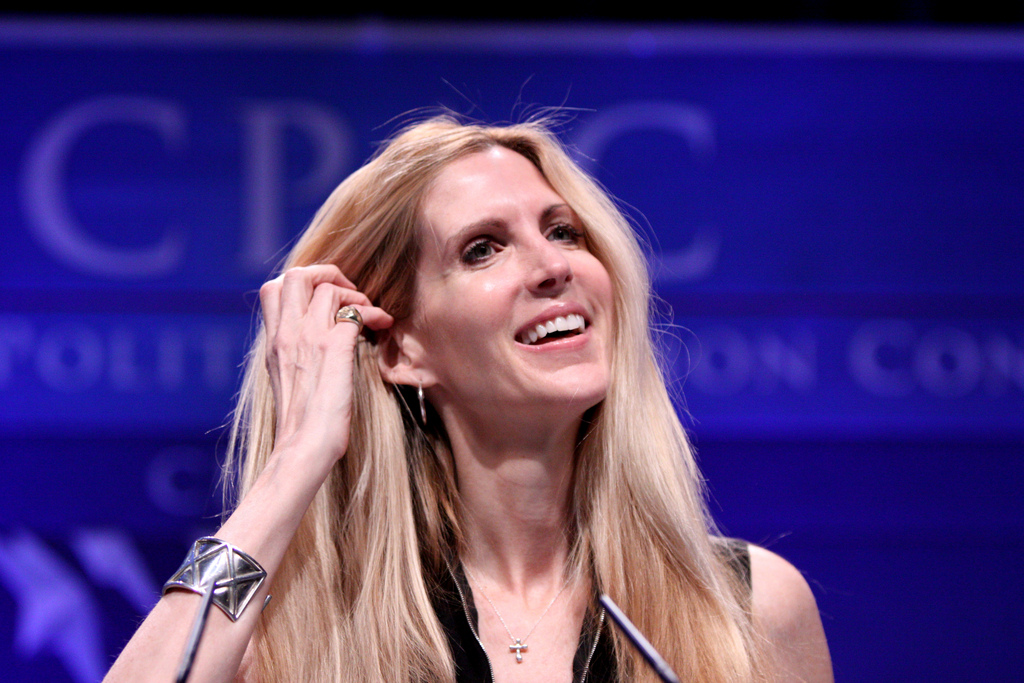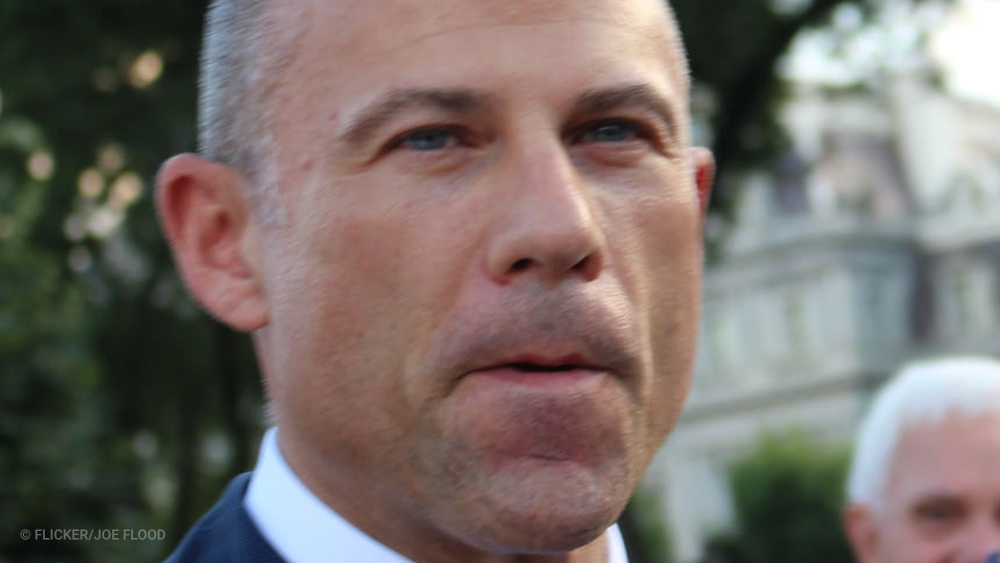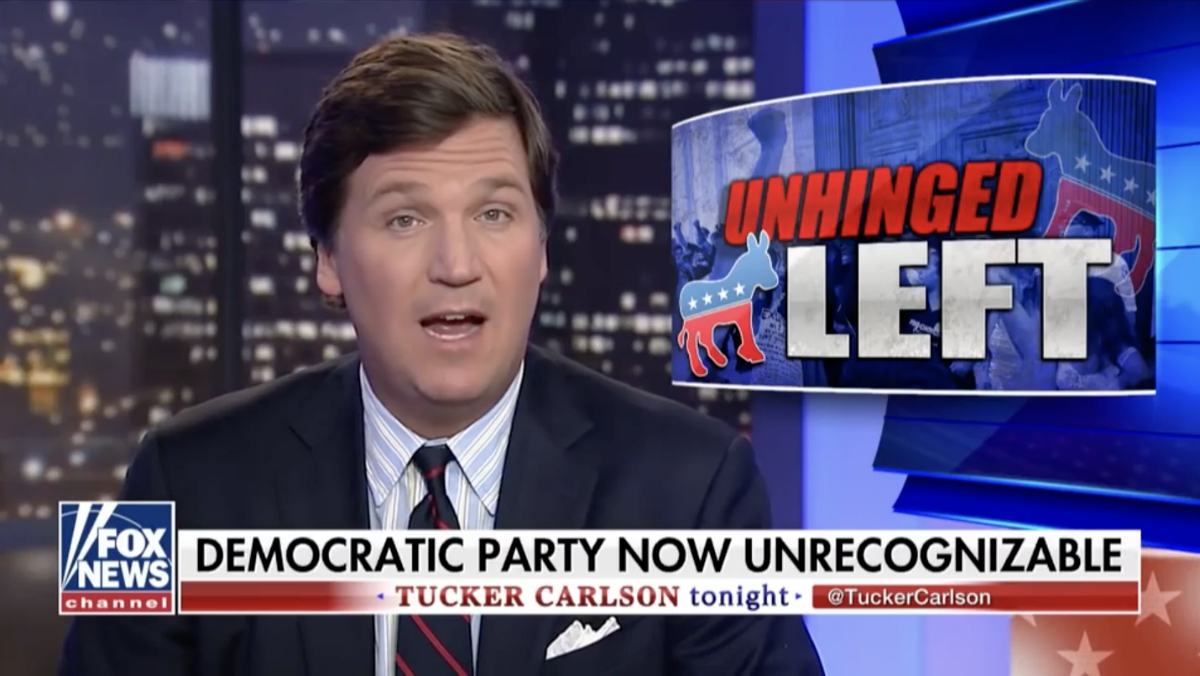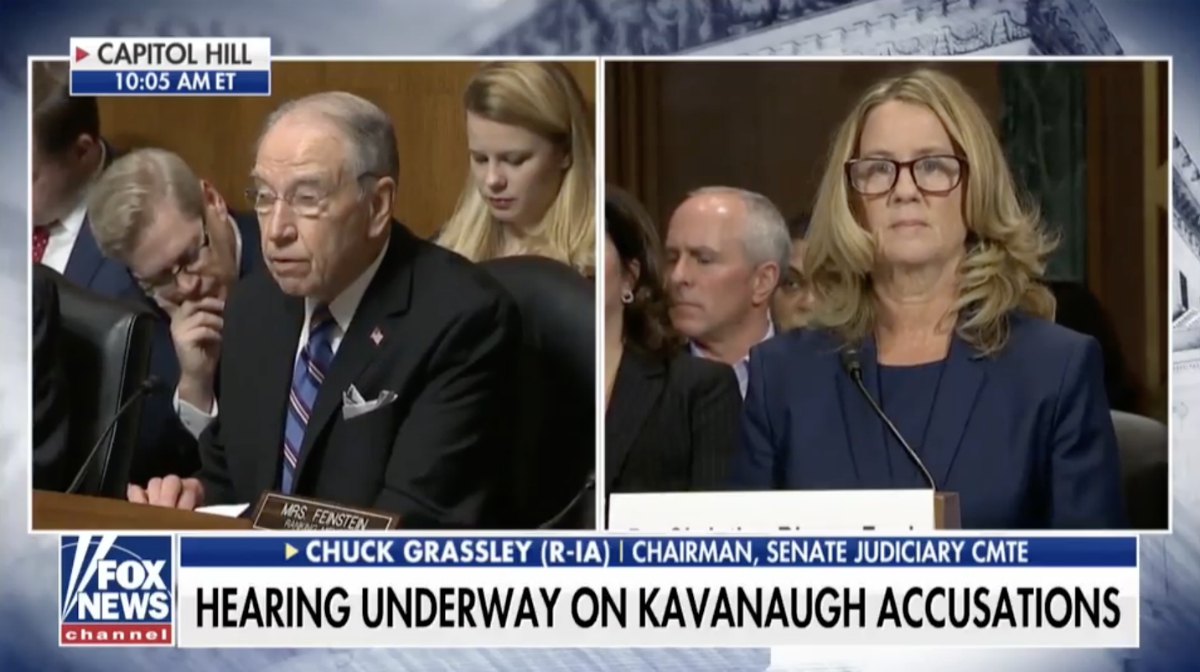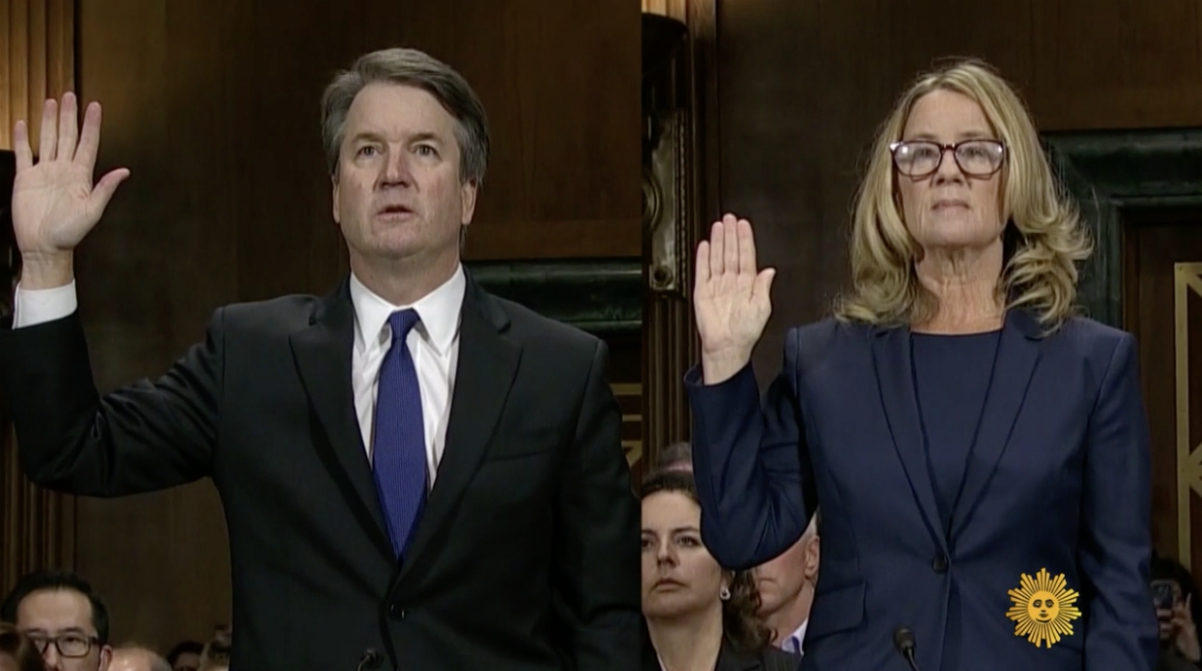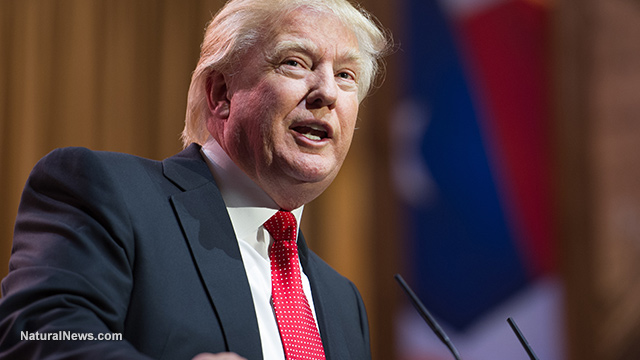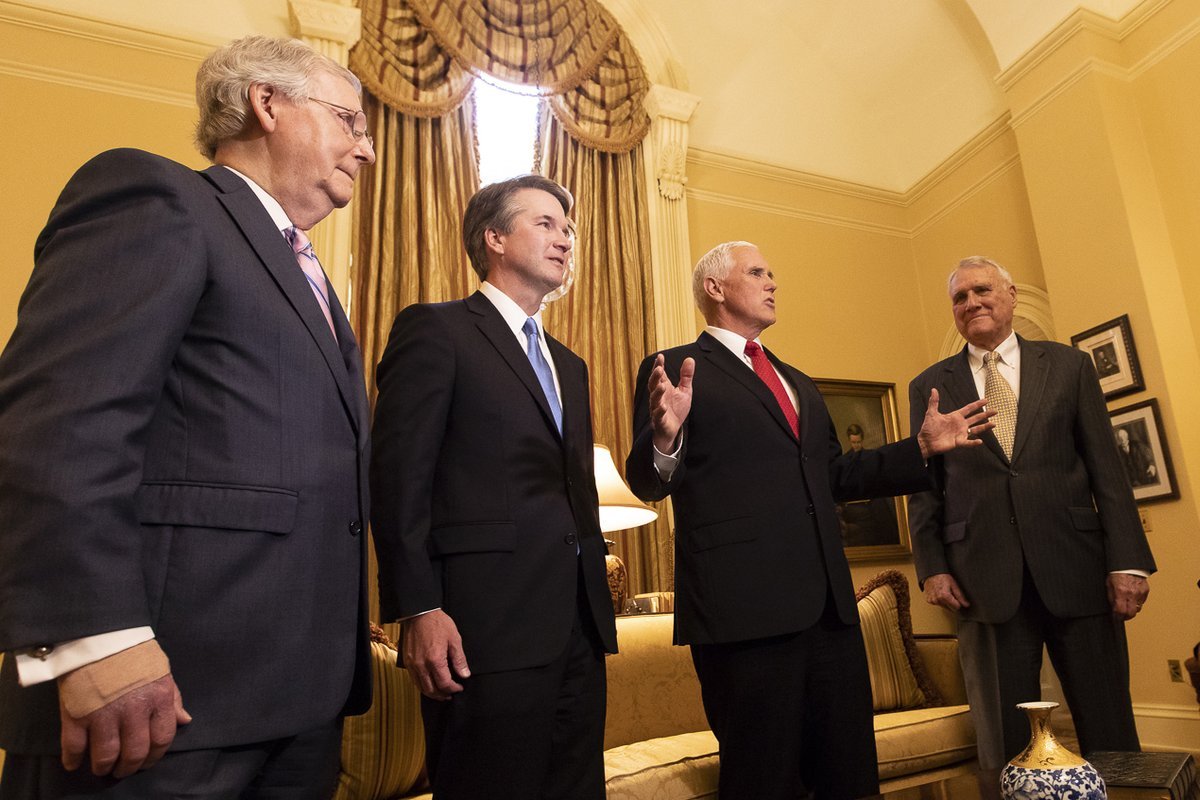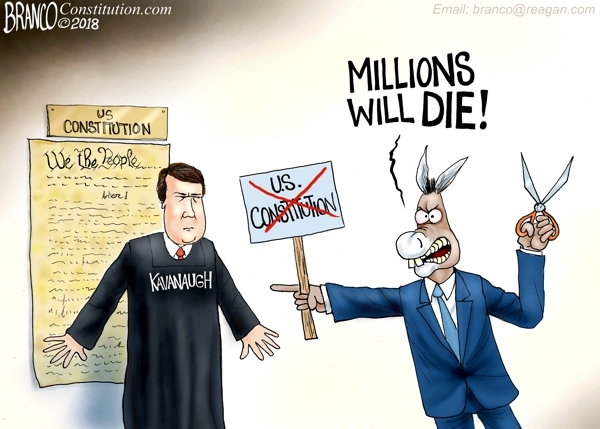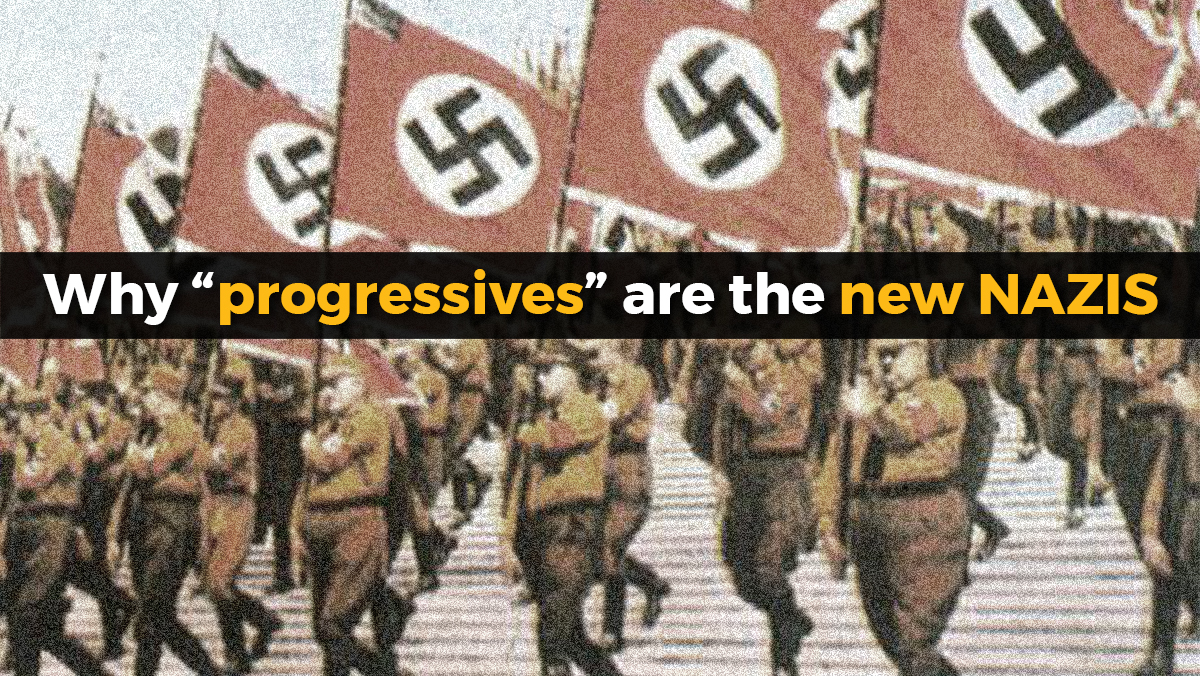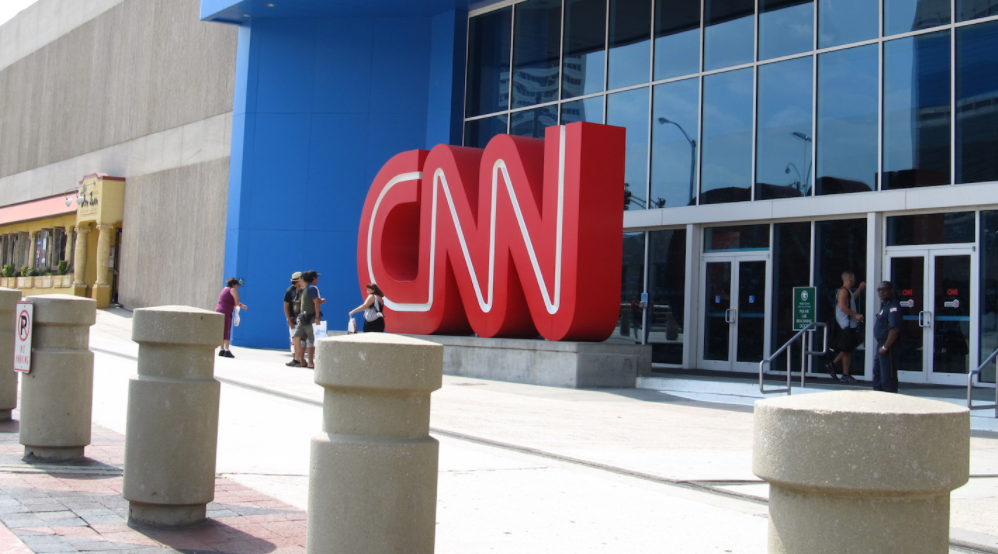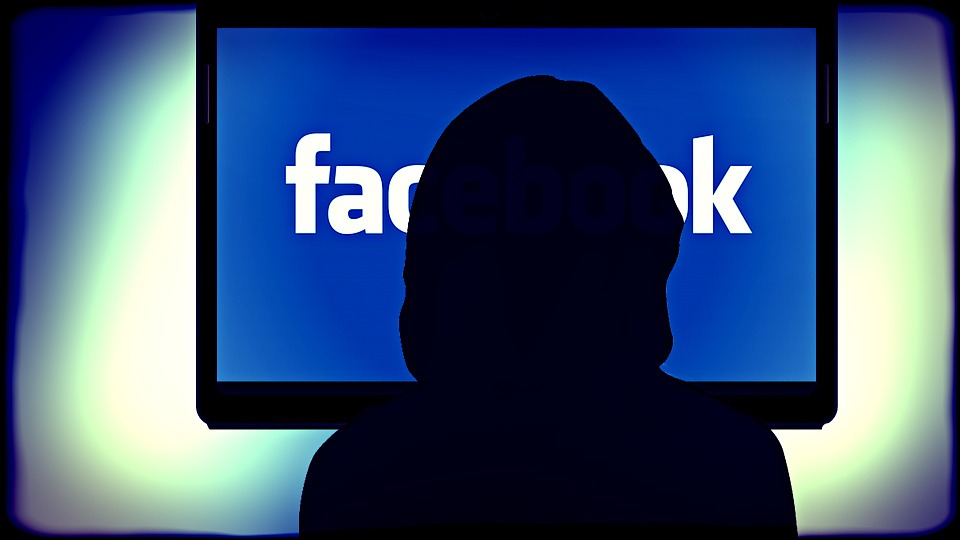Mainstream media caught bribing politicians with free airtime ads
09/21/2015 / By mediafactwatch

Television and radio stations are increasingly being utilized by elected officials as free campaign ads under the guise of making a “public service announcement,” The Intercept‘s First Look reported in recent days.
“Do you support the troops? So does your local congressman! And he would like to tell you all about it using a ‘public service announcement’ aired for free by your local television station owner,” First Look reported.
Although a number of viewers might consider such ads little more than campaign commercials, media companies claim they are merely airing the PSAs as part of fulfilling their civic duty.
For three decades, the National Association of Broadcasters (NAB), a lobbying organization for media companies such as Sinclair Broadcasting, IHeartMedia and CBS Radio, has worked hand in hand with lawmakers in Congress to produce special PSAs that are summarily aired on local radio and television stations around the nation. The ads are distributed to local broadcasters, who can choose to air them as part of their required public interest broadcasting obligations.
Ads keep lawmakers in contact with constituents in off-election years
Radio stations in Missouri and Arkansas have recently aired such PSAs, according to the NAB. While they are praised by those who produce and air them, media watchdog organizations tend to view them as special in-kind contributions – lucrative gifts of valuable airtime by companies seeking favor with Congress.
“Why are broadcasters using members of Congress for these?” Tim Karr, the senior director for Strategy for Free Press, said in an interview with The Intercept. “Can’t the NAB simply run PSAs from public interest organizations such as the American Cancer Society and the USO?”
He said the PSAs looked like blatant attempts to “curry favor with elected members of Congress by giving them an opportunity to speak to voters via local stations.” He and others say they would normally have to purchase such ads.
Dennis Wharton, the Executive Vice President for Communications for the NAB, countered that “in this era of ultra-cynicism and hyper-partisanship,” the PSAs could be viewed as “nefarious.”
He added, “I suspect most viewers and listeners will see the spots for what they are: an attempt by broadcasters to get positive messages to millions of people about cancer awareness, kids literacy and the importance of emergency preparedness, among other topics,” The Intercept reported.
Moreover, he said, PSAs generally only appear in off-election years when members are not running for office in order to avoid “equal time” issues with other candidates. Any good political advisor would say that such off-year contact with voters is always a good idea because it gives the impression that the incumbent “cares” and is always in touch with voters.
Most powerful lobby in Washington
The NAB said that after reaching out to all 535 members of Congress, a record 307 agreed to participate in the PSA program this year.
The Intercept further reported:
The NAB is a powerhouse on Capitol Hill. The group currently has 58 lobbyists on its payroll, and spent $18.4 million on federal lobbying last year.
The NAB is interested in a broad range of issues, from tax policies impacting broadcasters to rules governing media consolidation. The NAB has also served as a pivotal force in influencing campaign finance reform, helping to defeat key provisions of the landmark McCain-Feingold reforms passed over a decade ago.
Sen. John McCain, R-Ariz., has said in the past that the NAB is “the most powerful lobby in Washington” because “these are the people that shape the opinion to a large degree of the people who are your constituents.”
The Intercept noted that despite the large number of lawmakers who participated in the PSA program this year, McCain, who is considered relatively safe in his Arizona districts, did not.
Sources include:
Tagged Under: mainstream media

